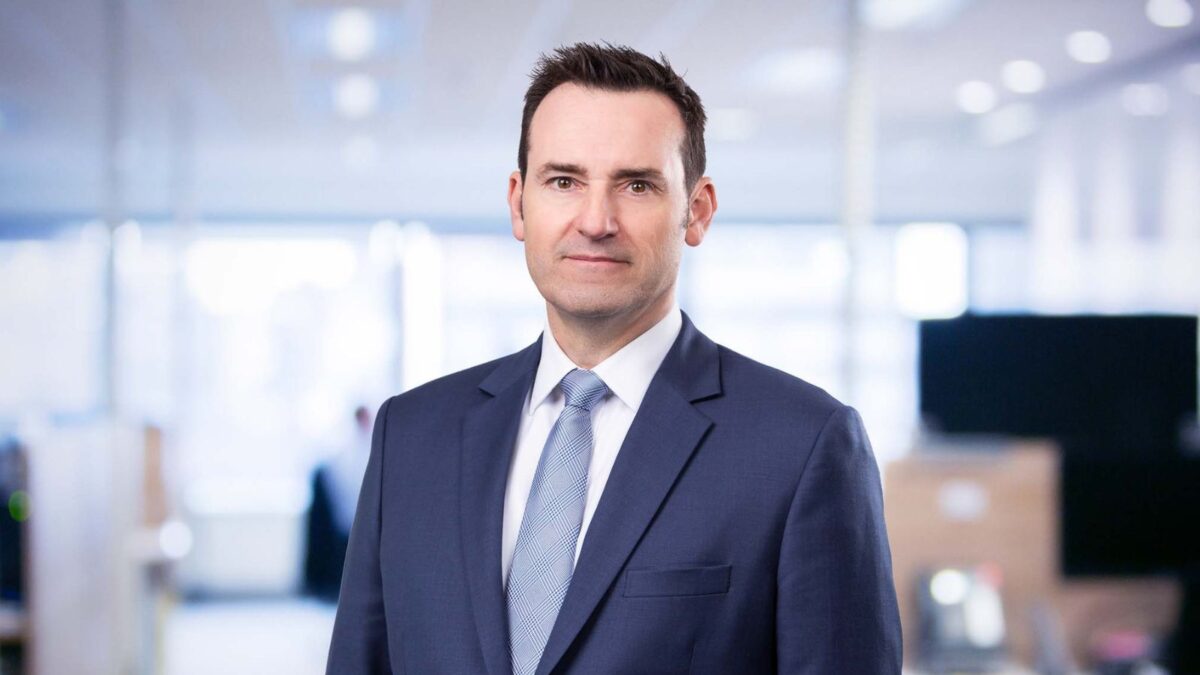Who’s really calling the shots at super funds? It’s complicated
While the CEO of a fund is its public figurehead, the industry itself has always understood the real power to rest with the chief investment officer. A glance at the findings of Frontier Advisor’s latest fund manager survey would suggest that’s no longer the case, with 48 per cent of fund managers surveyed saying that internal teams now “outrank their boss” in terms of influence – up from 27 per cent in 2017.
But Frontier staff, polled for the same survey, disagree. Forty-four per cent of them think the CIO is still calling the shots – but with an army of new gatekeepers arrayed before them, fundies are probably just getting less facetime.
“The fund managers are more likely to be dealing with an internal team and for them to get a proposal across the line they first have to convince the internal team,” Wayne Sullivan, Frontier’s director of marketing and business development, told ISN. “If they’re answering the question of who is most influential from their perspective, and they can’t get something past the internal team, then the CIO isn’t a factor.”
“Three or four years ago they might have spoken to a CIO several times a year. Now they’re quite removed from having meaningful access to a CIO because there’s an internal team with a 100 people in it that they’ve got to convince first.”
It’s an interesting tidbit from a paper full of them. While Frontier has carried out the survey every year for a decade, it doesn’t always publish the findings; the fact that the research house now has 10 years of data to work with, and the big swings in sentiment seen over the course of the last year, meant there was much more to pick apart.
“Looking at this year in isolation there were a couple of bigger shifts,” Sullivan says. “There seems to have been this tipping point where fund managers have realised that internal teams are here to stay and have gotten to a certain size and a certain rhythm where this is the new norm. And rather than worrying about it or needing to be convinced of the merits of that argument they’re coping with it and adapting and adjusting to what is the new norm.”
That doesn’t necessarily mean they have to like it, and a good chunk don’t. They think internal teams cost too much and “just add to the process” (17 per cent in 2023 vs 11.7 per cent in 2014), and change the “philosophy and culture” of funds for the worse (13.6 in 2023 vs 3.9 per cent in 2014). That’s not entirely surprising if the rejections are now coming from the internal teams, but 39 per cent of fundies do think that internal teams are “best placed to research and advise on investments for their fund”.
And while it’s nigh impossible to draw qualitative conclusions from quantitative data, merger mania seems to be “in the rear view mirror rather than the windscreen” – at least, in the eyes of fund managers who have lost so many mandates to it. After a frenzy of activity, there’s not many more mergers that could go ahead. Consolidation is still seen as the most significant challenge to funds management businesses by 29 per cent of respondents, but that’s down from a high of 49 per cent in 2022.
“When we began our survey in 2014 there were 198 ‘profit-for-members’ funds,” the Frontier report says. “Fast forward to today and there are currently 62. Of course, there is substantially more money needing to be invested in the superannuation system now, but the concentration of that money across an ever-reducing number of funds is clearly causing concern for fund managers with respect to their operations.”











